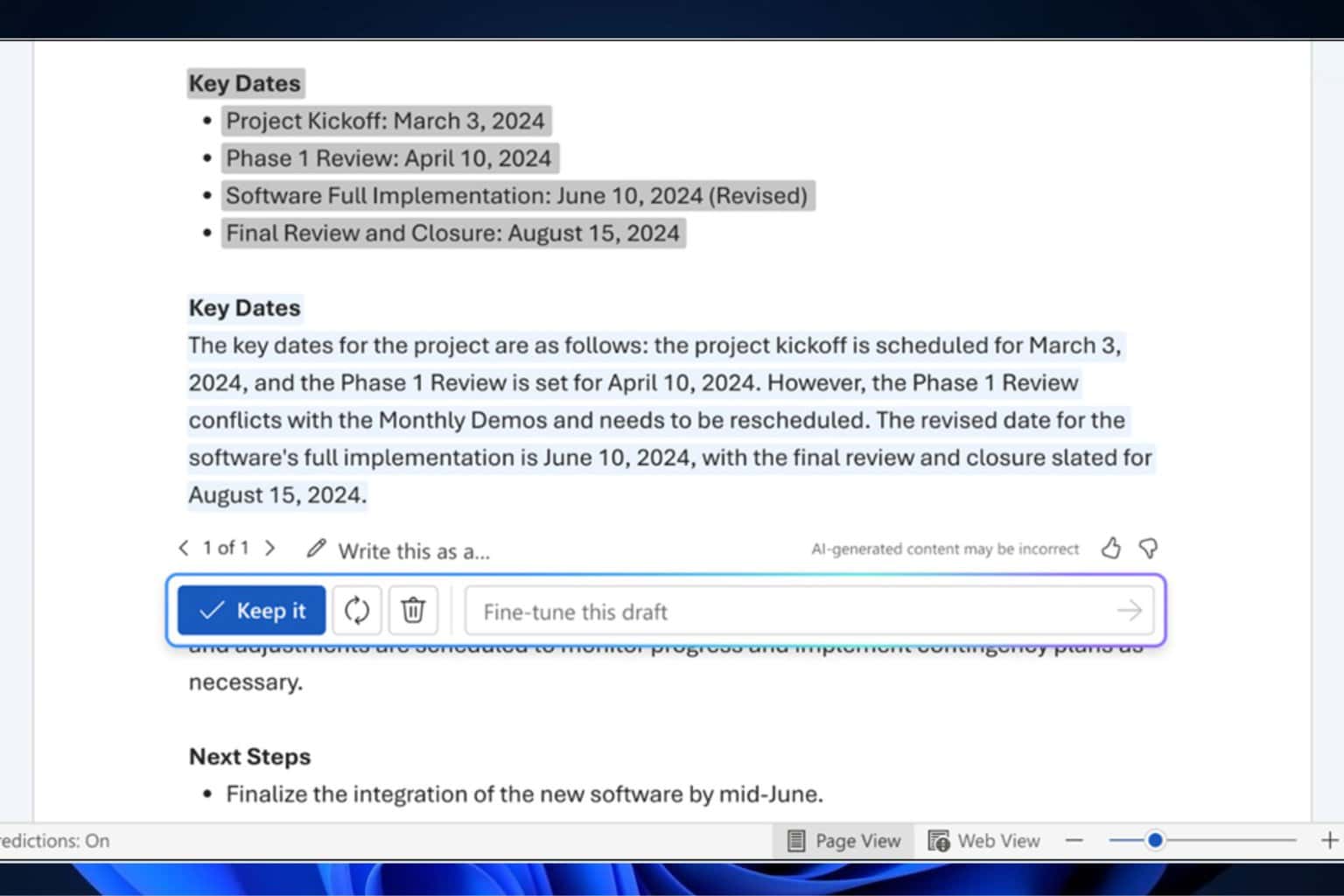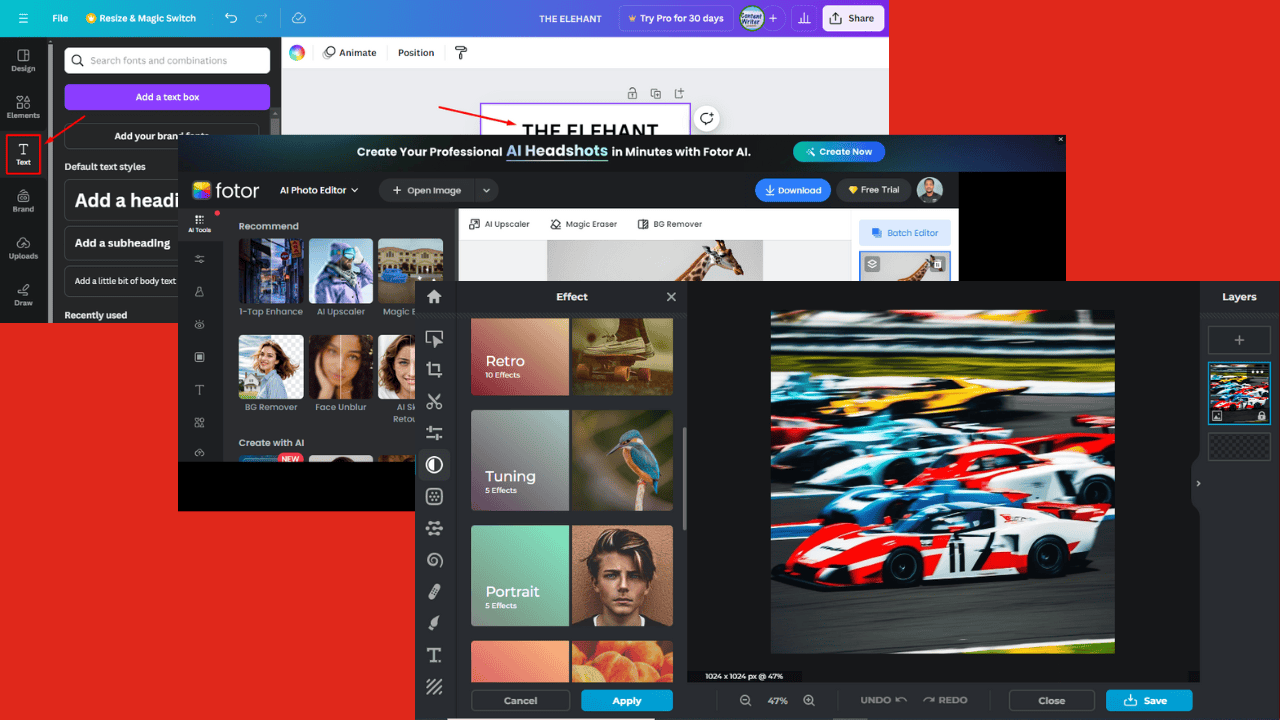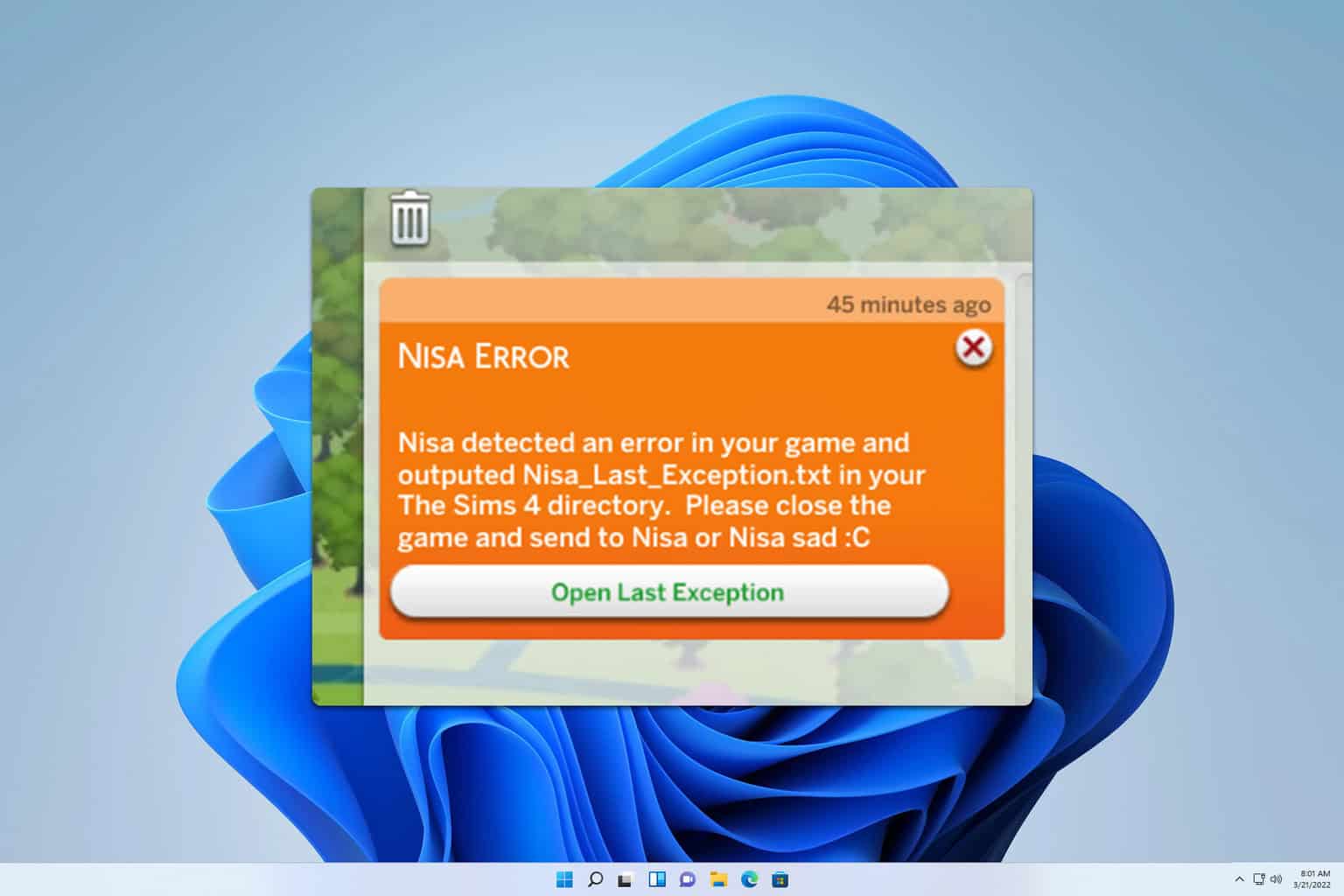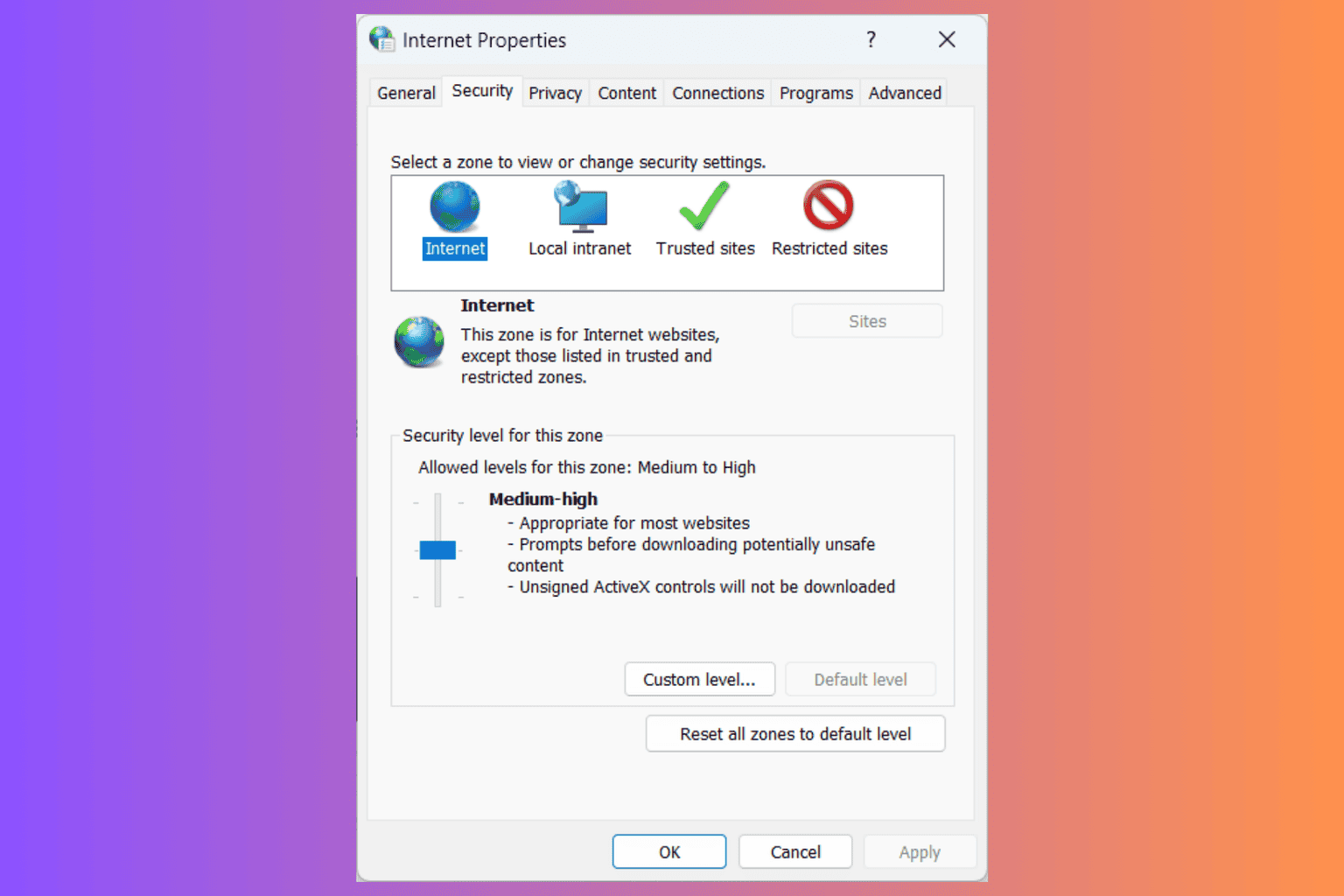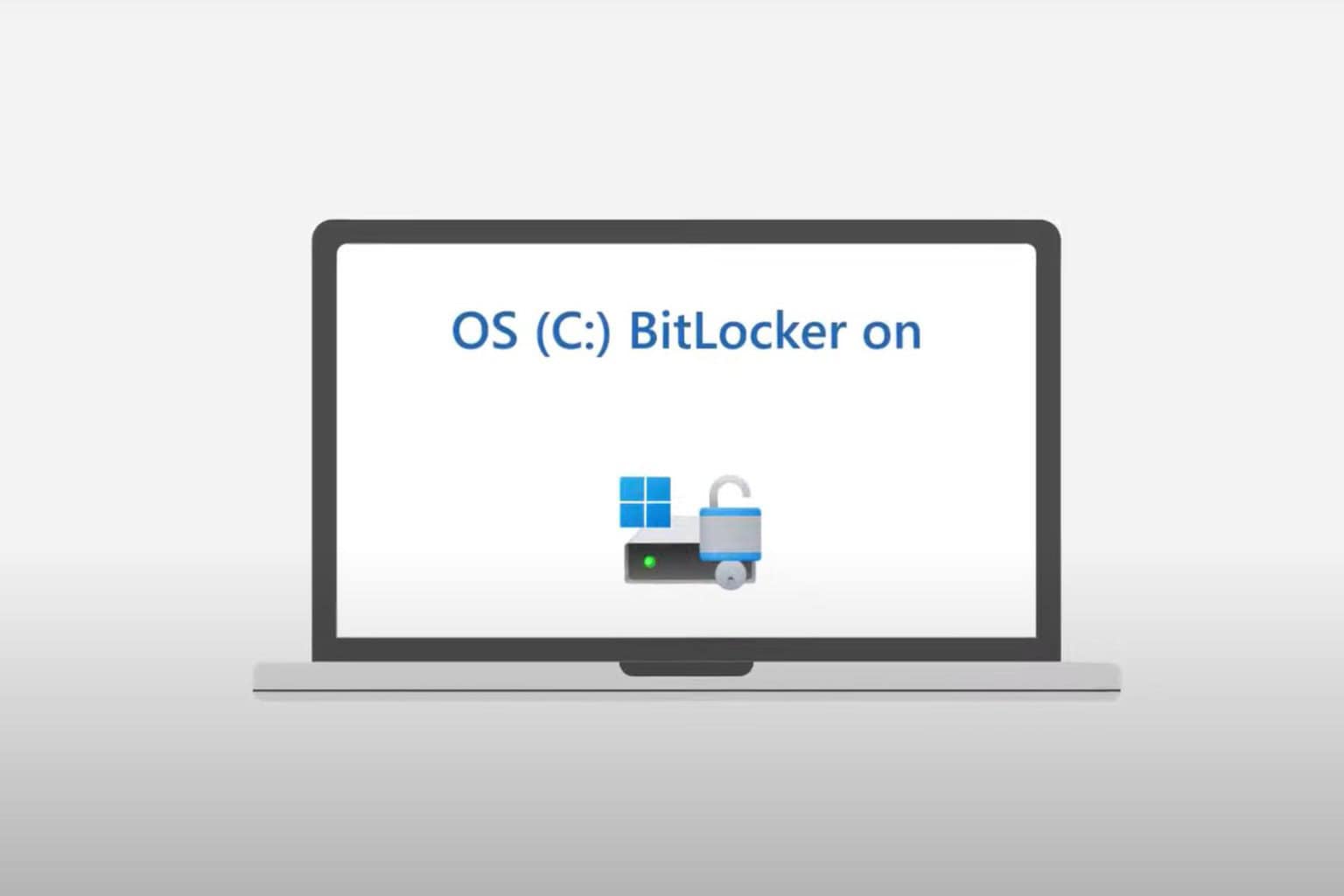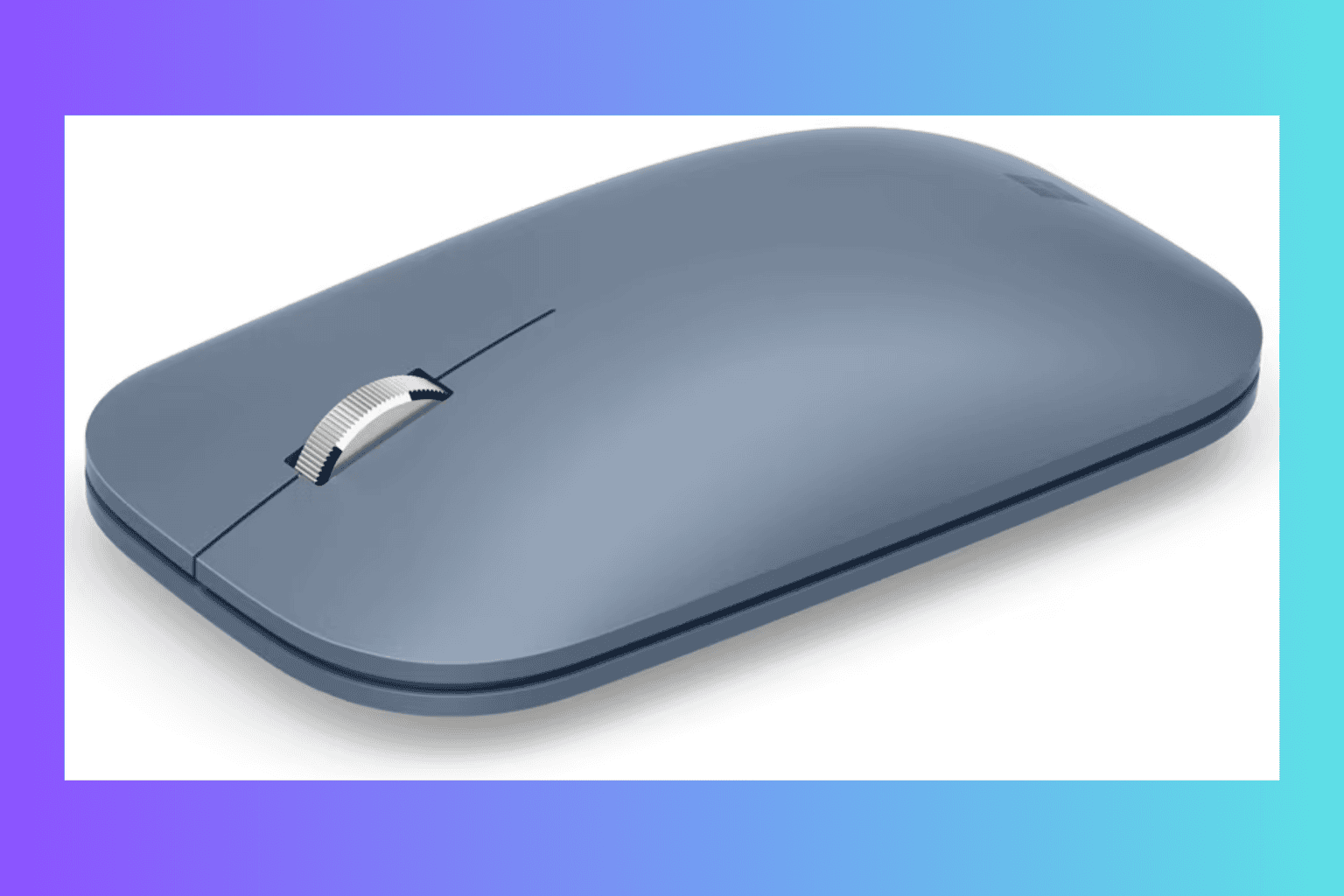Windows 10 Cloud specs leak ahead of Microsoft’s May 2 event
2 min. read
Published on
Read our disclosure page to find out how can you help Windows Report sustain the editorial team Read more
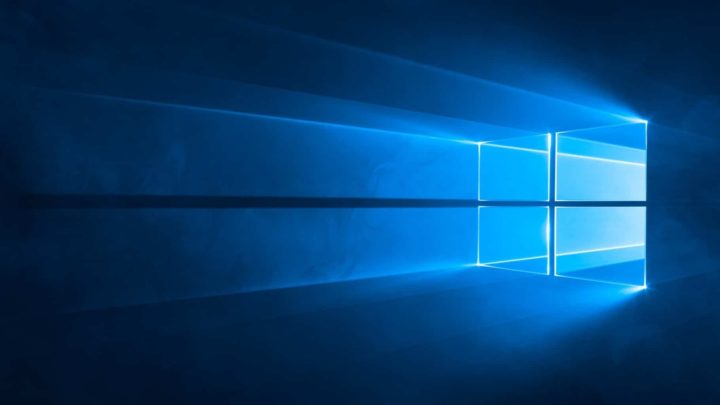
Microsoft previously announced it would hold an event on May 2nd during which the company plans to introduce new education and creativity offerings. Now, a fresh Microsoft document has surfaced with details about the minimum hardware specs for the Windows 10 Cloud-based laptops the company will reportedly unveil that day.
Windows 10 Cloud is a scaled-back version of Microsoft’s desktop operating system with the goal of rivaling Chromebooks. The leaked document details how the Cloudbook, as tech pundits like to call it, would compete with Chrome OS devices. Microsoft’s document makes it clear how it sees Chromebooks as a major rival.
Windows Central first reported on the document, which outlines how Microsoft intends to achieve more than 10 hours of battery life, cold-boot times of 20 seconds, and resume times of under two seconds. At present, Microsoft acknowledges that Chromebooks are faster to cold-boot to a login display and from the sign-in screen to the desktop, according to an internal testing. Also, the Chromebook edges out Windows 10 Cloud in terms of adoption rate as many students use Android devices at home and access related content in the classroom.
Cloudbooks will be reportedly powered by a quad-core Intel Celeron processor and equipped with a quad-core chip, 4GB of RAM, and 32GB of eMMC or SSD storage. However, the document lists pen and touchscreen capabilities as optional. Those accessories would otherwise hugely set a Windows PC apart from a Chromebook.
While it’s too early to say what Cloudbooks will contain, reports suggest that the Windows 10 Cloud will be restricted to apps from the Windows Store. That means you might not be able to use apps like Google Chrome, which is a non-Windows Store app.
It remains unclear, though, which manufacturer will make the Windows 10 Cloud devices, so that remains to be seen.


